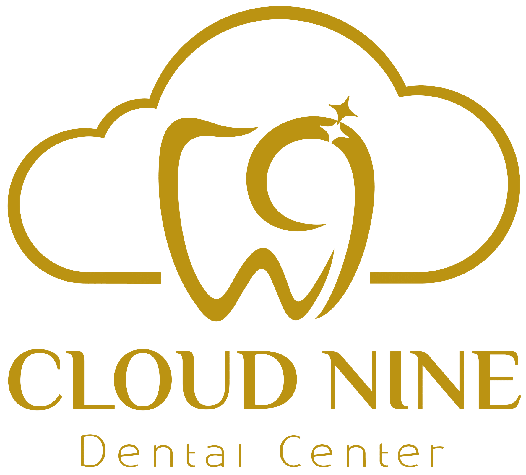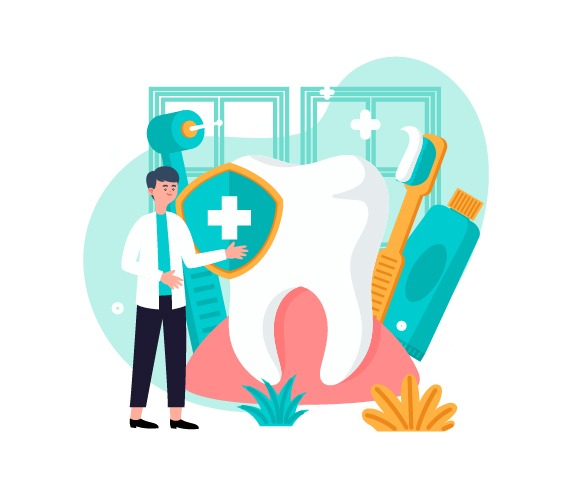Special Tx
Specialized treatments (Special Tx) in the field of dentistry refer to advanced, focused procedures designed to address complex dental conditions that require expertise beyond routine care. These treatments often involve multidisciplinary approaches to manage issues such as severe periodontal disease, complex orthodontic cases, dental implants, and reconstructive surgeries. Special Tx can also encompass aesthetic treatments like veneers, crowns, and cosmetic bonding, as well as interventions for temporomandibular joint (TMJ) disorders, sleep apnea, and oral cancer. Dentists providing these specialized services typically undergo additional training in specific areas such as periodontics, prosthodontics, orthodontics, or oral surgery, ensuring that patients receive the most effective and precise care for their unique dental needs.
– TMJ therapy
TMJ (Temporomandibular Joint) therapy in dentistry focuses on diagnosing and treating disorders related to the temporomandibular joints, which connect the lower jaw to the skull. These joints play a critical role in everyday functions such as chewing, speaking, and swallowing. TMJ disorders can result from a variety of factors, including injury, teeth grinding, misalignment of the jaw, or stress, leading to symptoms like jaw pain, headaches, difficulty opening or closing the mouth, and clicking or popping sounds. Treatment for TMJ disorders typically involves a multidisciplinary approach, including the use of bite splints or mouthguards to prevent teeth grinding, physical therapy, medications to manage pain or inflammation, and, in severe cases, surgical intervention. Dentists specializing in TMJ therapy often work closely with other healthcare professionals to provide holistic care and improve the patient’s quality of life.
– Halitosis Treatment
Halitosis, commonly known as bad breath, is a prevalent condition that can be both socially and psychologically distressing for individuals. In the field of dentistry, the treatment of halitosis involves identifying and addressing its underlying causes, which can range from poor oral hygiene to systemic health issues. The most common cause is the accumulation of bacteria on the tongue, gums, and teeth, which produce sulfur compounds that cause an unpleasant odor. Dentists typically recommend improved oral hygiene practices, such as regular brushing, flossing, and tongue cleaning, to reduce bacterial growth. In cases where halitosis is linked to periodontal disease or tooth decay, restorative treatments, including professional cleanings, fillings, or gum therapy, may be necessary. For more persistent cases, additional interventions like mouth rinses, enzymatic sprays, or medications may be prescribed. Dentists may also refer patients to other healthcare providers if halitosis is suspected to be a symptom of systemic conditions, such as gastrointestinal disorders, diabetes, or respiratory infections.
– Sleep apnea
In the field of dentistry, sleep apnea, particularly obstructive sleep apnea (OSA), is an important concern due to its impact on oral health and overall well-being. OSA is a condition where the airway becomes partially or completely blocked during sleep, causing brief interruptions in breathing. Dentists play a crucial role in identifying and managing sleep apnea, often through the use of oral appliances. These custom-fitted devices are designed to reposition the jaw or tongue to keep the airway open, improving airflow and reducing symptoms such as snoring and daytime fatigue. Dentists may also collaborate with sleep specialists to diagnose and treat sleep apnea, as untreated cases can lead to serious health problems, including cardiovascular disease, hypertension, and stroke. Additionally, dental professionals monitor the long-term effects of sleep apnea on oral health, such as tooth grinding, gum disease, and dry mouth, which are common in individuals with the condition.


